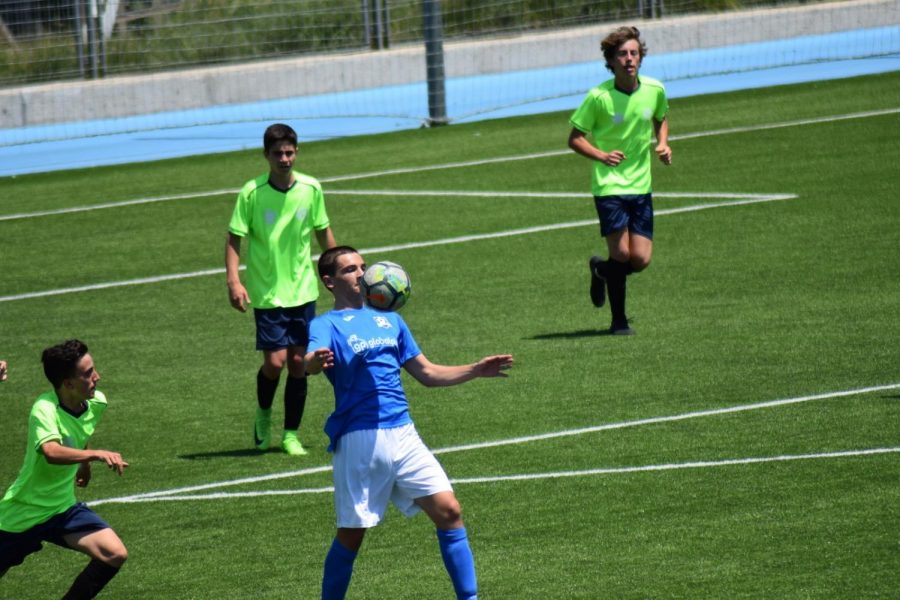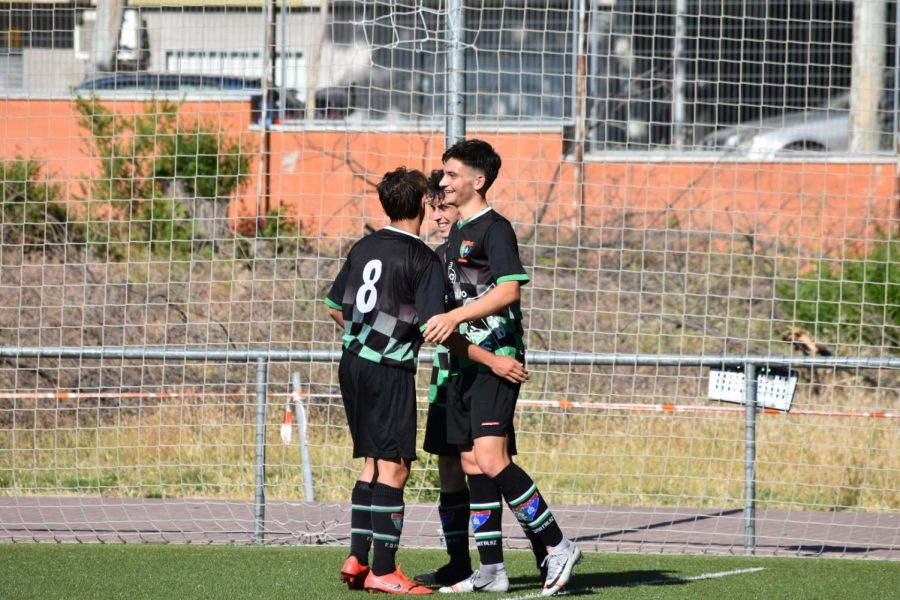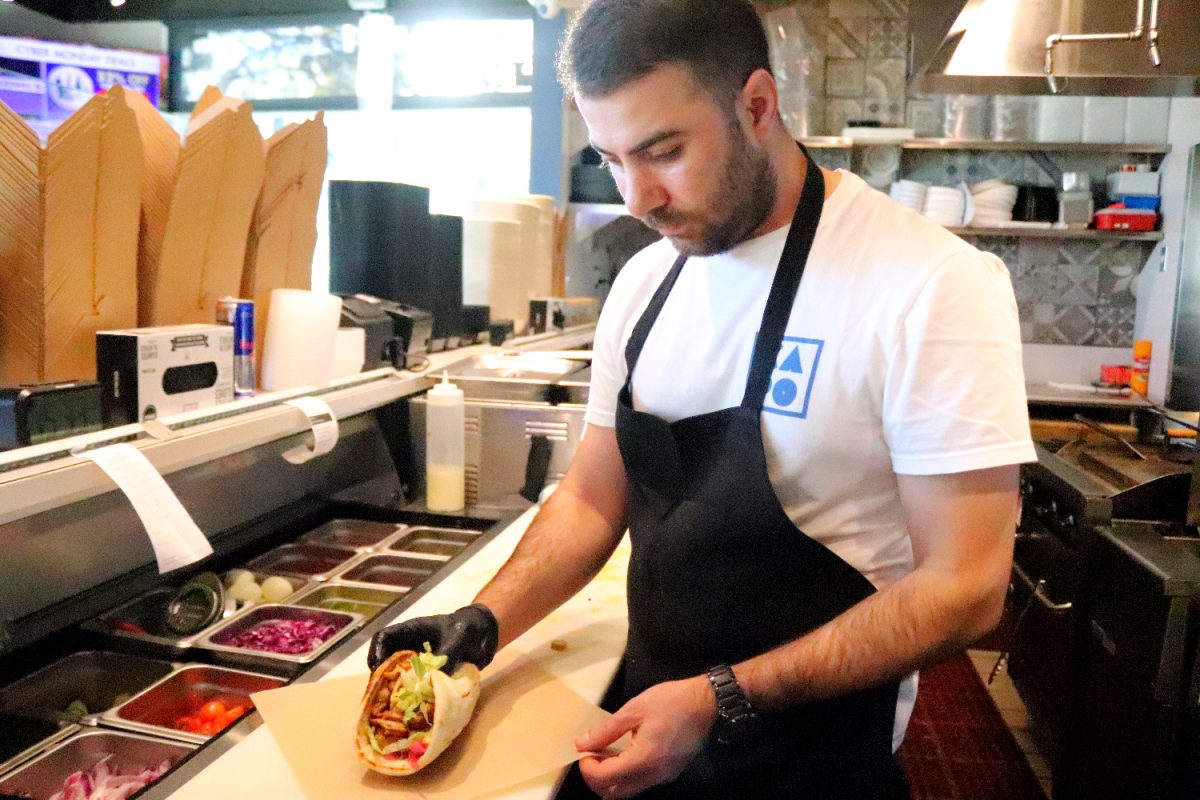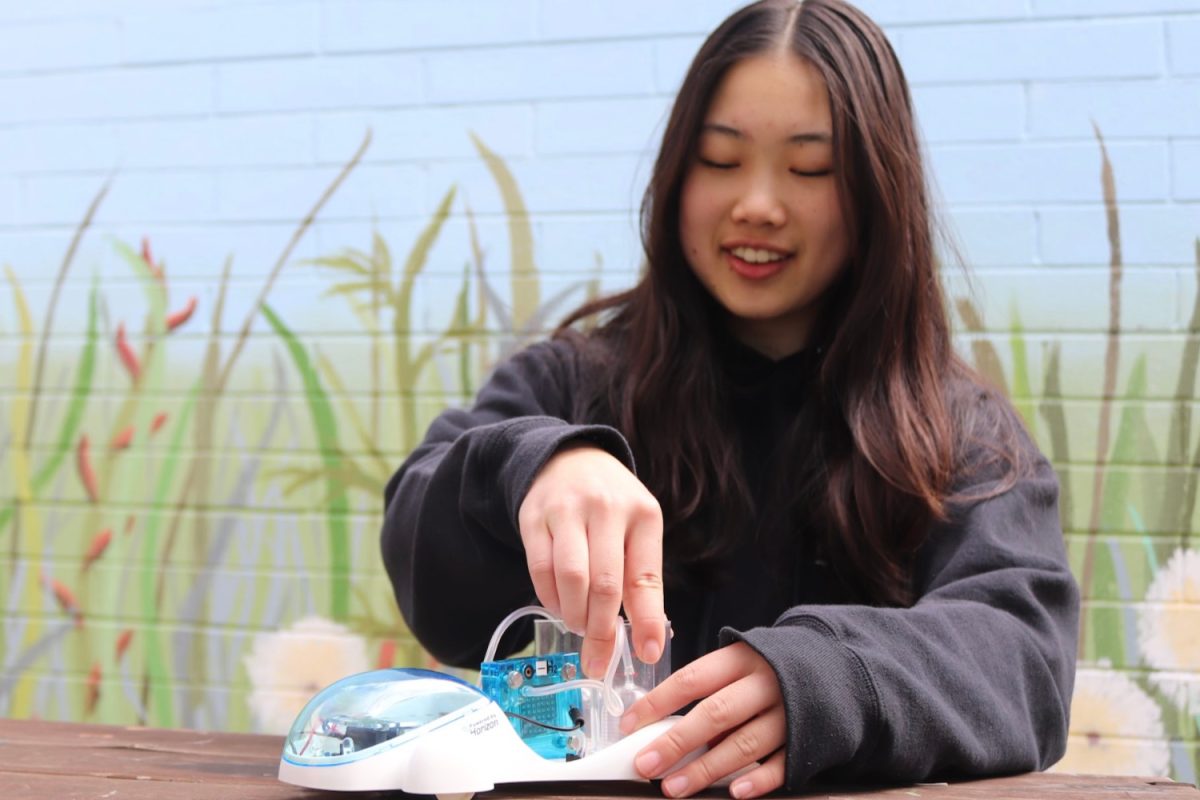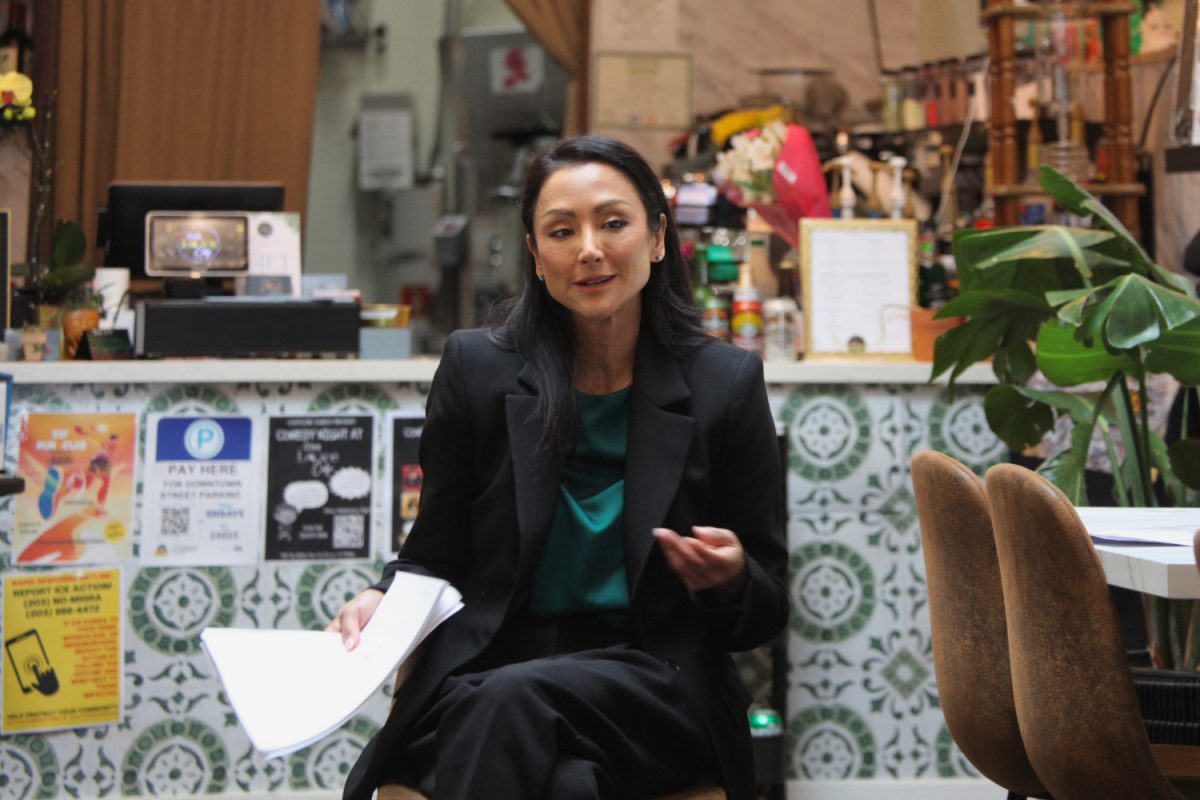Marco Byers Mora sacrificed comfort to chase his dream 4,173 miles across the world. Before attending Carlmont his senior year, Mora moved to Spain in 2018 to pursue his passion for soccer. Little did he know, his perspective of social life and education would change drastically.
“I was going to a new school in a foreign place, and I was trying out for a team with no certainty of making it on,” Mora said.
Unwilling to settle for the normality of his previous lifestyle, Mora was determined to take his soccer skills to the next level. His unpredictable journey began on a positive note after making a team in the top division, which scored Mora the chance of playing against some of the best academy teams in the world.
“It was one of the best feelings to watch something I once thought was impossible turn into a reality,” Mora said.
Soccer, Spain’s national sport, serves as a uniting force that brings fans of different economic, political, and social backgrounds together. In a large country full of individualists, soccer is a topic that can be agreed upon.
“In Spain, the passion behind soccer is incomparable to the United States,” Mora said. “You are fighting for the ball, and you are playing for the sole purpose of wanting to play. Everyone in Spain loves this sport.”
Along this success-filled journey in soccer, Mora was faced with many external challenges. Born and raised in San Carlos, California, he had to adapt to big-city living, which differed from the suburban environment of his hometown.
“I was forced to learn so many new things by living in a large, cosmopolitan, Spanish-speaking city,” Mora said. “In the U.S., it is a different style of hanging and going out with friends. There, we just did things in our houses or drove around.”
Living in a city exposed Mora to a new social culture full of entertainment and crowded atmospheres. The relationship between large urban environments and social attitude correlates to the “energy” and uplifting ambiance of techno clubs in Spain.
“Techno clubs are a big thing in Spain. At first, it was overwhelming. Even though they are not for me, seeing how happy other people were allowed me to witness a new type of energy,” Mora said. “It made me realize that these people wait an entire week at work or school building up to that weekend moment.”
Change can be a good thing, but it is not always easy. It often takes risk, unfamiliarity, and venturing into the unknown, which can be unsettling. From social to personal changes, Mora was faced with many outward struggles that soon sparked a growth of inner maturity.
“I went from being taken care of my whole life by my parents to being the one to take care of my grandma, who I was living with at the time,” Mora said.
As the head of the household, Mora took on the responsibility of buying groceries and running errands for his grandmother. These seemingly minor changes served as a catalyst for a greater realization that shifted Mora’s perception of his former lifestyle.
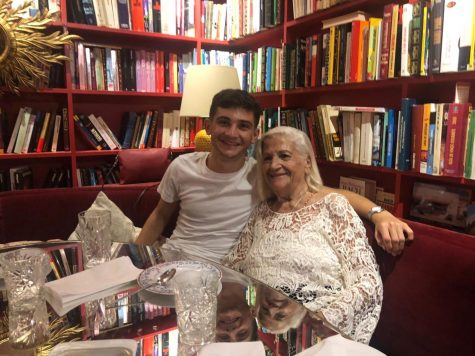
“There were things I never had to think of where I came from as a child. It taught me that my parents had to sacrifice things in order to take care of me, which kids in the Bay Area often take for granted,” Mora said.
From previously being surrounded by people who were stressed, too busy, and constantly putting themselves first, Mora began to witness a new culture that redefined what a content lifestyle could look like.
“I have heard people being critical of Spain’s culture for not being as aggressive or driven in some areas of their life,” Mora said.
In Spain, exists a desire to put one’s families, friends, and relationships first and foremost. As a result, Mora’s growing appreciation for his family members became his source of motivation to overcome issues within a new schooling environment.
“I had to adjust to the language barrier. The workload itself seemed like a greater workload than what you would see in the U.S. Not only was there more work, but it took me longer to do work because of the language barrier,” Mora said.
Although Spanish is Mora’s second language, he was accustomed to learning, speaking, writing, and communicating in English prior to his move. Off-balance and on guard, Mora had to adjust to the traditionally structured education system while relying on pen and paper to complete his work. As a result, he traded efficiency away for creativity by developing a new outlook on time management.
“It broadened my perspective on what is really helpful. Does one really need technology to better their education? The real answer is no; they don’t,” Mora said. “Without it, I had to push myself to work harder, and it comes down to what you make out of your education. I started to realize how much extra time we have in the day and how much time we waste. If I plan my time and really make the most out of my time, I can really get stuff done.”
While the distance allowed Mora to encounter new opportunities, it also made him appreciative of the resources he previously had. Individuals who live in higher-income areas often take for granted commonplace aspects of their day-to-day lives that are considered luxuries in differing parts of the world.
“Almost everything in the U.S. is done through a computer,” Mora said. “There are more resources in general that can help you. Things that may seem normal to a student in the Bay Area, like the Smart Boards, are pretty incredible if you ask me. I never saw those in Spain.”
Along with technological advancements, U.S. citizens may be used to the vast majority of the population speaking similar languages. However, from his first-hand experience, Mora not only saw the world anew, but it gave him an unaccustomed look at the benefits of being bilingual. Being able to understand conversations, signs, and menus is an advantage Mora had in the U.S., which he then put into perspective in Spain.
“It opens up new possibilities because so much of the world speaks Spanish,” Mora said. “Spanish can be a vehicle to go to a new country, meet new people, learn a new culture. Even though I already spoke it, I realized there was so much more to learn.”
This opportunity allowed Mora to pick up new ways of thinking as he adapted to these uniquely foreign circumstances. After spending over a year in Spain, Mora began yearning for the mindlessness of familiar routines amidst a challenging decision he needed to make: he could either stay across the world to continue pursuing soccer or return to the Bay Area.
“I came back because I wanted to pursue college in the U.S., and graduating from a school in Spain would have made it complicated if I came back later because I would have had to translate transcripts and I would not have an American high school diploma,” Mora said. “I also realized that soccer is a risky career path. It’s almost like a lottery because there are so many kids who are good enough to make it to pro, but only a few can make it.”
Mora’s journey to play soccer turned into a quest for knowledge that ultimately gave him the mentality to go above and beyond in school when he returned to Carlmont.
“I went into Carlmont with a higher work rate. Spain encouraged me to have higher limits and push myself more than if I had just stayed in the U.S.,” Mora said. “I was able to adapt to a foreign schooling system in a second language and be successful; therefore, I am confident that I can overcome any obstacles that come up.”
When one is inspired, they are awakened to new possibilities by allowing themselves to transcend their ordinary experiences and limitations. Mora’s positive attitude, reliability, and perseverance went unnoticed by his teachers. As a result, his fellow peers at Carlmont were motivated to enhance their own academic experience.
“Where so many others have given up, [Mora] took this class as a welcome challenge. He really demonstrated a growth mindset and inspired his teammates to also adopt that valuable perspective,” said Manuel Conde Carril, one of Mora’s past teachers. “[Mora] helped contribute to our classroom environment as one where all students can feel supported and able to ask questions.”
Empowering all who he is around, Mora continues to challenge the status quo and enable creativity. While his initial ambition for the move was soccer, he ended up learning about responsibility, culture, and discipline as he blossomed into a more compassionate individual.
Mora said, “Without this experience, I would not be half the person I am today. I am able to see multiple sides to a story. I can interpret different viewpoints and reasoning I thought I’d never understood. Culturally, I have grown and improved, but as a person, I have enhanced my intellect and viewpoint.”

